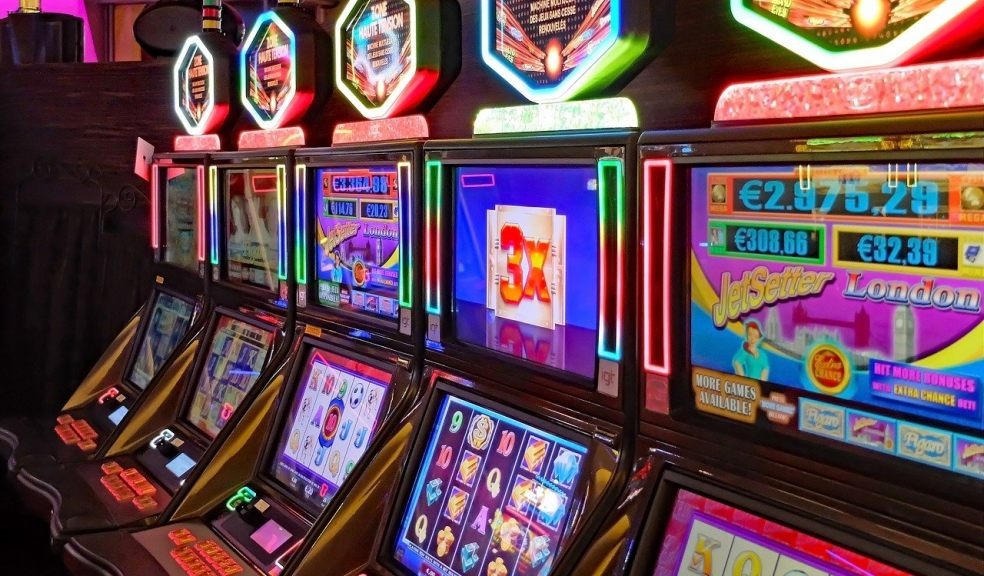Online gaming has become a global phenomenon, captivating millions of people from all walks of life. Whether it’s a casual mobile game, a competitive esports tournament, or a sprawling multiplayer role-playing game (MMORPG) Akar189, the internet has transformed gaming into a vibrant and diverse community. In this article, we’ll explore the evolution of online games, their cultural impact, and the future of this dynamic industry.
The Evolution of Online Games
The history of online gaming dates back to the early days of the internet. The first multiplayer online game, Spasim (1974), was a simple space simulation, and though rudimentary, it sparked the beginning of a new era. In the 1980s and 1990s, games like Gauntlet and Quake offered multiplayer capabilities that laid the groundwork for future online experiences.
However, it wasn’t until the late 1990s and early 2000s that the internet truly revolutionized gaming. With the launch of massively multiplayer online games like EverQuest and World of Warcraft, players could join thousands of others in immersive virtual worlds, fostering social interaction and competition in ways that were previously unimaginable. Online games started shifting from isolated solo experiences to dynamic, shared worlds where collaboration and rivalry were at the forefront.
The Current Landscape of Online Games
Today, online games are more diverse and accessible than ever. The rise of mobile gaming has brought online games to millions of new players, with titles like Fortnite, PUBG Mobile, and Clash Royale dominating the mobile space. For many, these games provide quick, casual fun on the go, with no need for complex hardware or a time-consuming commitment.
At the same time, the PC and console gaming scene continues to thrive. Popular titles such as League of Legends, Counter-Strike: Global Offensive, and Call of Duty: Warzone are staples in the competitive esports scene. These games offer a higher skill ceiling, making them a go-to for players looking for a more intense, strategic gaming experience. Esports, in particular, has grown into a multi-billion-dollar industry, with massive tournaments, sponsorships, and live streams attracting millions of viewers worldwide.
In addition to competitive games, social experiences like The Sims Online and Animal Crossing: New Horizons have become beloved staples. These games allow players to build virtual worlds, engage in storytelling, and interact with friends in low-stakes, creative environments.
The Social Aspect of Online Games
One of the most significant changes brought by online gaming is the emphasis on social interaction. In the past, gaming was often seen as a solitary hobby, but now, games have become platforms for forming communities, making friends, and even building careers.
Multiplayer online games allow players to form teams, guilds, and clans, fostering a sense of belonging. Platforms like Discord and Twitch have become essential tools for gamers, providing communication channels for strategy discussions, socializing, and entertainment. Gamers can join voice chats while playing, watch live streams of their favorite players, and even participate in online communities through forums and social media groups.
The emergence of streamers and content creators has also revolutionized how players interact with games. Popular streamers build massive followings, creating their own communities around specific games, genres, or personalities. This trend has made gaming more mainstream, bringing it into the cultural zeitgeist.
The Impact of Online Games on Society
Online games have had a profound impact on society. They’ve reshaped entertainment, brought people together, and influenced pop culture in ways that were once unimaginable. The rise of competitive gaming and esports has turned gaming into a professional career for many. Some players make a living through sponsorships, tournament winnings, and content creation, while others turn their passion for gaming into game development careers.
Moreover, online games have given rise to new forms of art. Game designers, writers, and developers collaborate to craft immersive stories and stunning visuals. Games like The Last of Us and Red Dead Redemption 2 have even been celebrated as art, blurring the lines between traditional media and interactive experiences.
Despite the positive aspects, online gaming has also faced criticism for issues like addiction, online toxicity, and concerns over in-game purchases. Developers and platforms have responded to these challenges with features like player-reporting systems, parental controls, and efforts to create healthier gaming communities. Nonetheless, the industry must continue to balance innovation with responsibility.
